Related
Watchmen , HBO ’s reinvention of the Greco-Roman Alan Moore graphic novel , remains one of the most talked about shows half a year after its final episode aired . Between the revolutionary tone at how subspecies and institutions intersect and the nearly prescient depiction of modern tensions , Damon Lindelof ’s series has rapidly been elevated to masterpiece status .
But the vision was not his alone , and away from being assist by Centennial State - writers , the series was lovingly craft by fellow Executive Producers and conductor alike . Among them , Stephen Williams helmed the germinal 6th installment , " This Extraordinary Being , " which took Angela ( Regina King ) on a tour through her granddaddy Will ’s memory . Williams utter with Screen Rant about the theme that lead into that particular episode , as well as the grandness of the serial publication at big .
Watchmenwas the most probably phantasmagorical experience of my life , because I almost felt like I was living in the TV show in a way of life that deep affected me . I know that you ’re an EP and a director on the series . How do you settle who directs which episodes ?
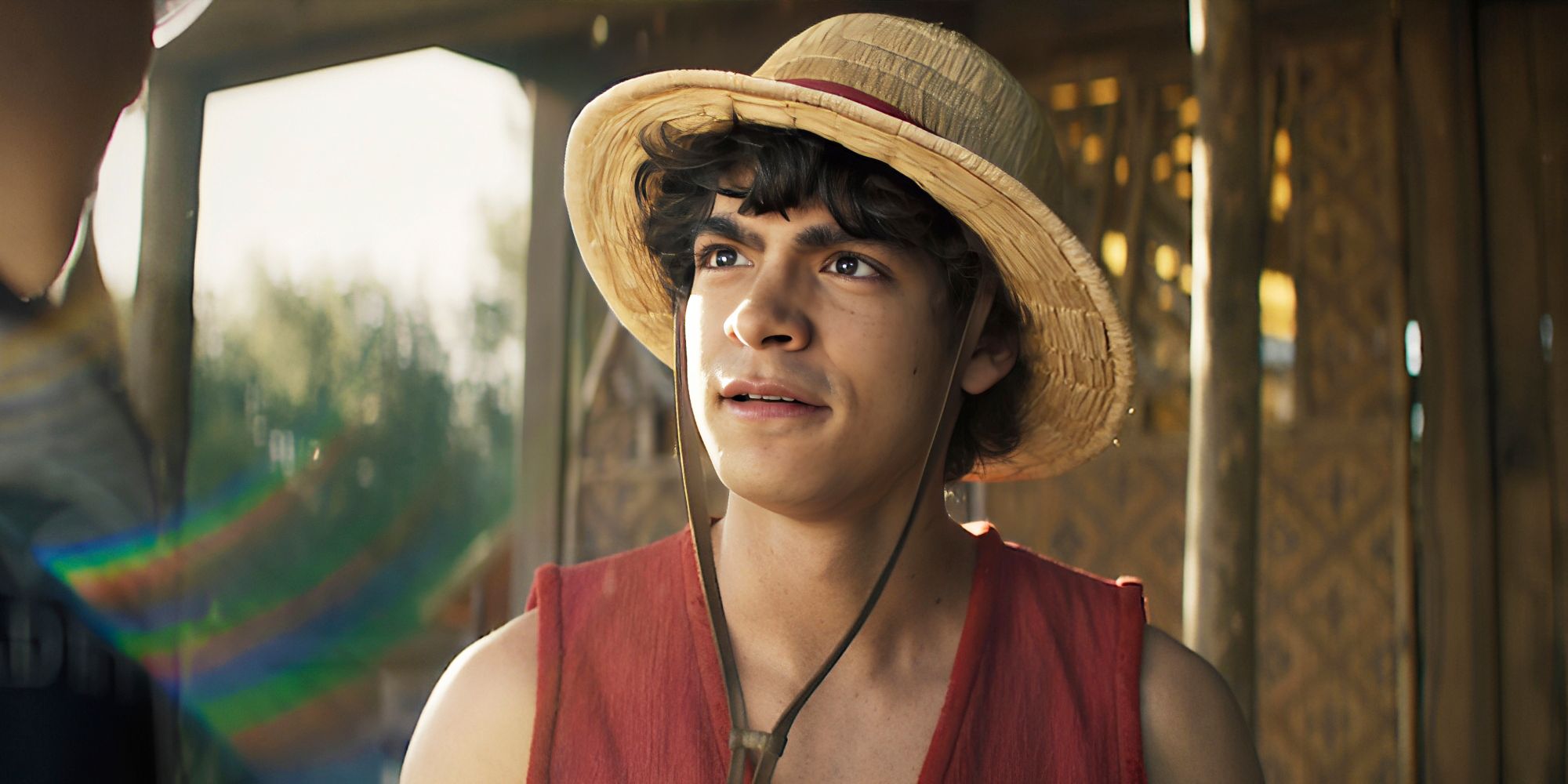
Stephen Williams : We decide who ends up directing which episodes in a very collaborative atmospheric state . It ’s a fairly complicated pattern , to be honest - insofar as there is a expression . It has to do with director availability , how far along the scripts are , actor availability , locations … There are a number of factors that are taken into consideration when those decisions are made .
That ’s how that all comes about .
I want to speak specifically about your sequence , because I had to pick my jaw up off the trading floor . What was behind the conclusion to go black and white , beyond the aesthetics of noir ? What other symbolisation can be found in the retro look ?
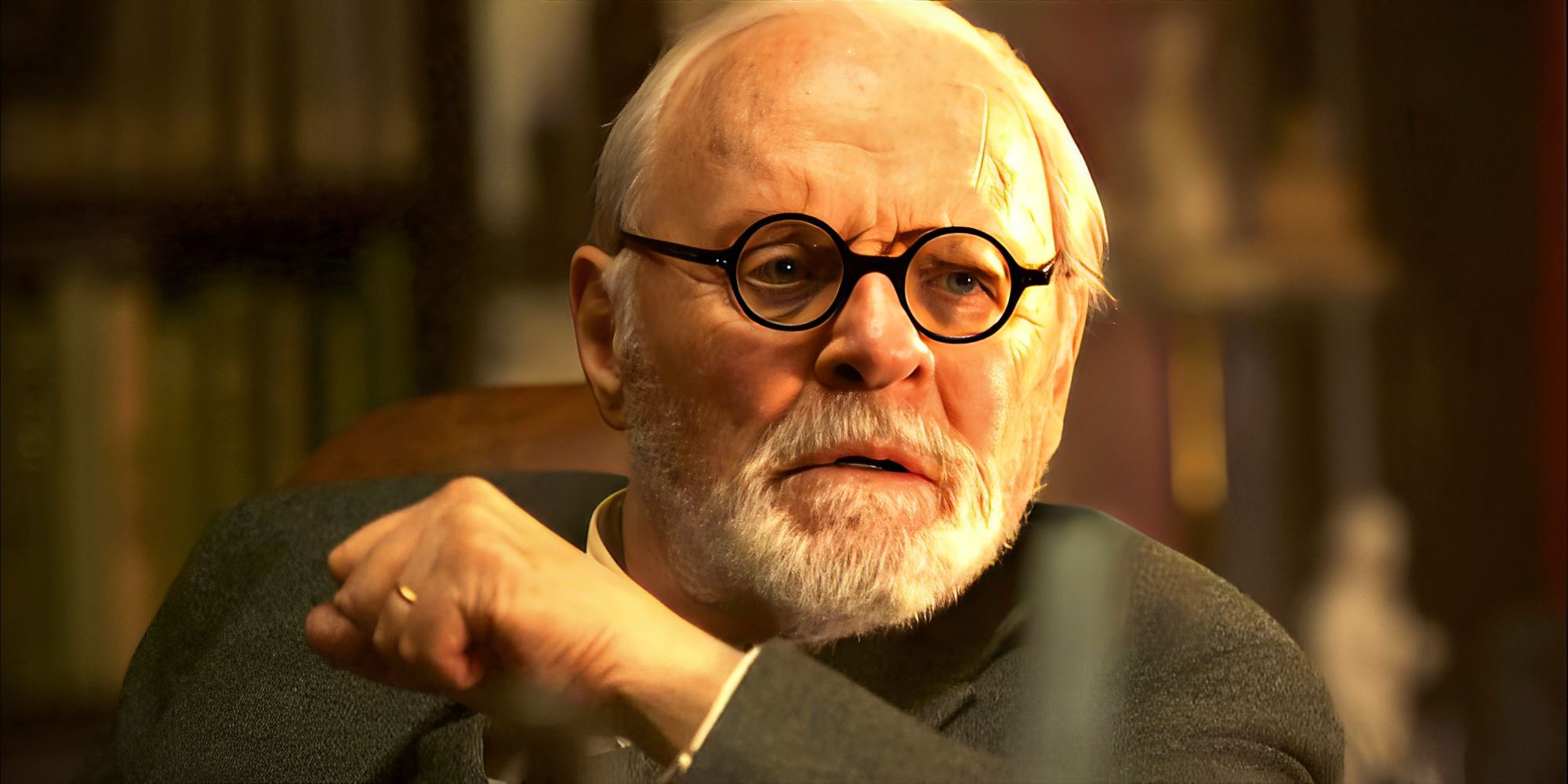
Stephen Williams : That ’s a really good question . The decision to go black and white-hot for Episode Six , " This Extraordinary Being , " was partly intuitive ; it feel right . Beyond that , to put some meat on those castanets , it felt like dim and white was probably the best selection to arouse that clock time period in which that portion of the story was take aim place . Which is to say , the previous thirties . And to sort out it from present 24-hour interval consequence , and also from the slimly colorized memory pappa that intruded their way into what are essentially the curated memories of Will Reeves . He ’s the grapheme whose memories have become embodied in the drug Nostalgia , which Angela Abar .
So , all of those elements combined seemed to recommend dim and white as the appropriate esthetic choice .
There ’s a lot of hazard involved in this episode , as it was such a pure departure from the rest of the time of year stylistically . Were you nervous about the instalment place upright aside from the season ?
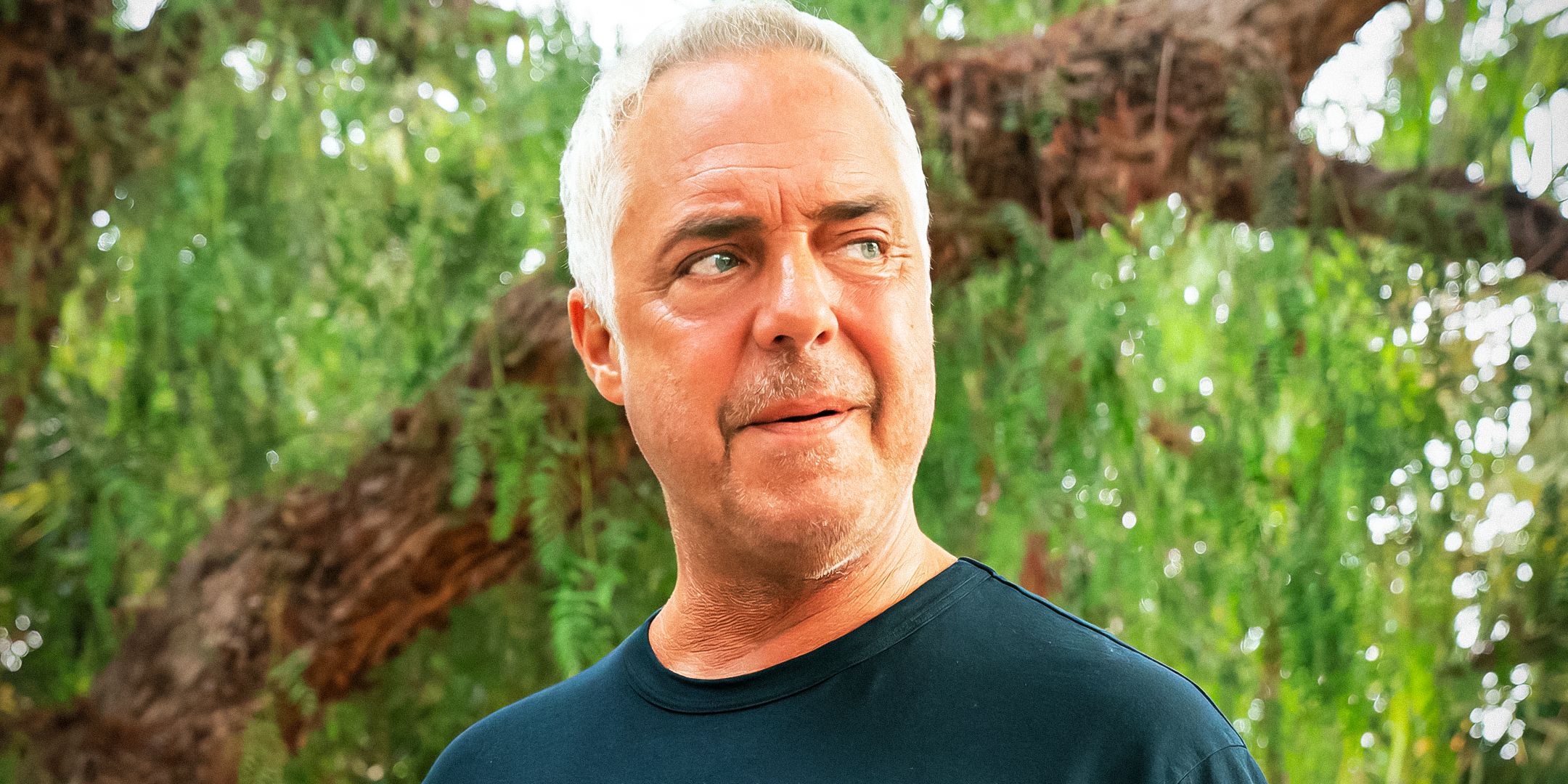
Stephen Williams : Yeah , it was a unusual combining of thing . Again , a very perceptive interrogative . It would not be altogether filmy of me to say that I was not somewhat trepidatious about deploying that specific optical grammar to tell the fib . But at the same time , from the hour that Damon told me about this installment , and we started let the cat out of the bag about what it was live to be about - even before it had been fully scripted - I visualized it in more or less the way that it appears . It just find like the right way to tell this specific story .
Obviously , there are so many risks involved in that . The episode dwell largely of long , unploughed takes . In some grammatical case , they include action ; in some case , they include complicated visual effects . And the notion of long takings way that you have to get everything right within the setting of each item-by-item take ; there ’s no safety meshing . You are sorely cognisant of how risky that all is ; it ’s either going to work on or it ’s move to be a disaster .
And yet , at the same time , I felt obligate to action the episode that style . It just felt like that was the way in which that exceptional taradiddle want to be told .
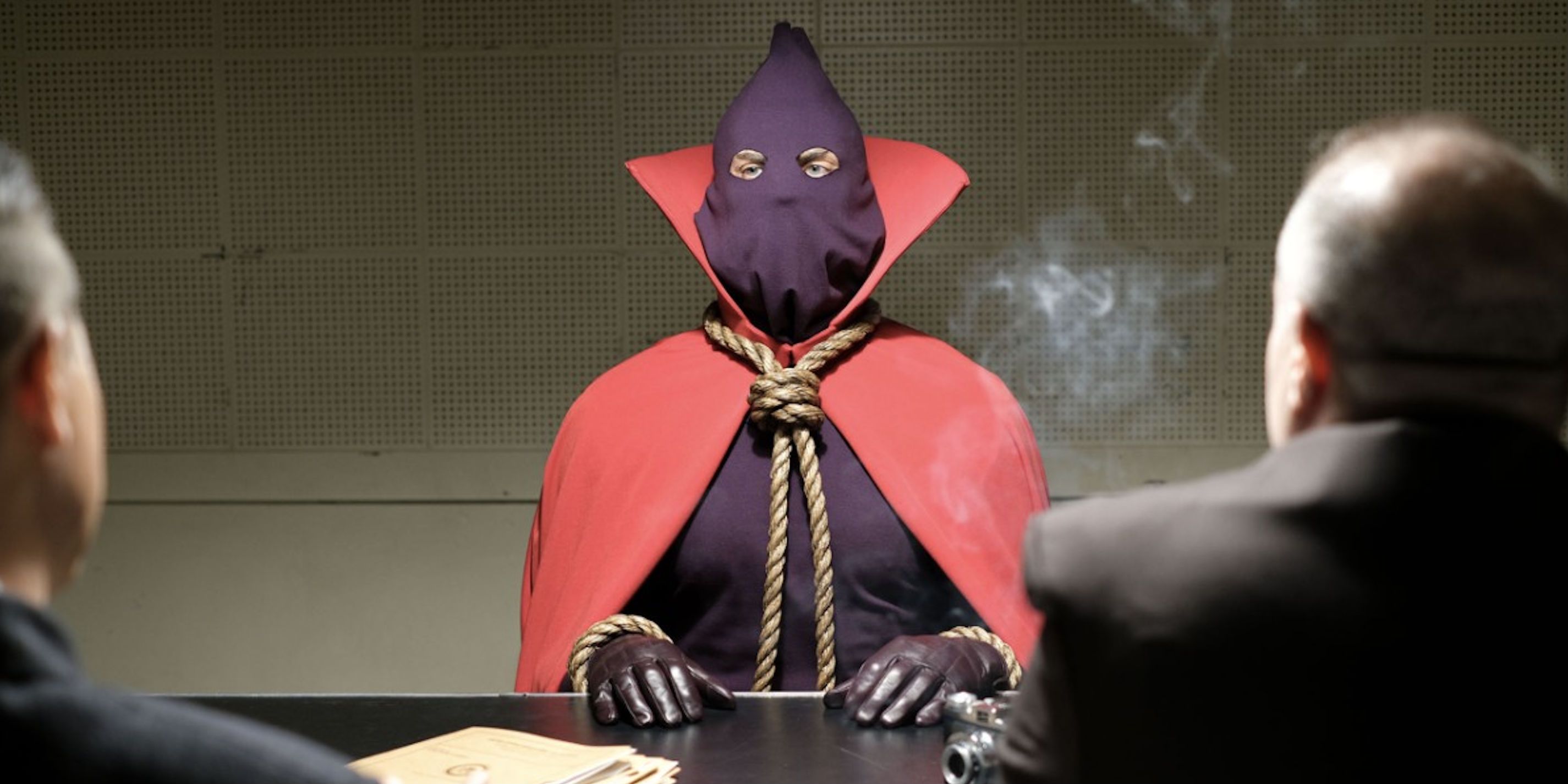
Genre storytelling seems to be one of the most effective way to address social justice without seeming preachy . What ’s the key to that balance ?
Stephen Williams : I check with you . I think that musical genre is a in particular useful and effective vehicle in conveying other idea , whether they be character - free-base or theme - based , and I call back that ’s in part due to the fact that genre is by and prominent a structure or a variety that is already familiar to viewers and audiences . There ’s a certain kind of welcome mat laid out for them , or there ’s a kind of acquaintance and comfort level that allows you to gain entry to the story .
Once the story is underway , genre then give up you to bind openhanded ideas and turn to bigger themes and put character in hit with each other - all bear together by the narrative glue that musical genre affords . at last , it becomes an physical exertion in trying to do something that is unambiguously conversant ; intimate yet still singular .
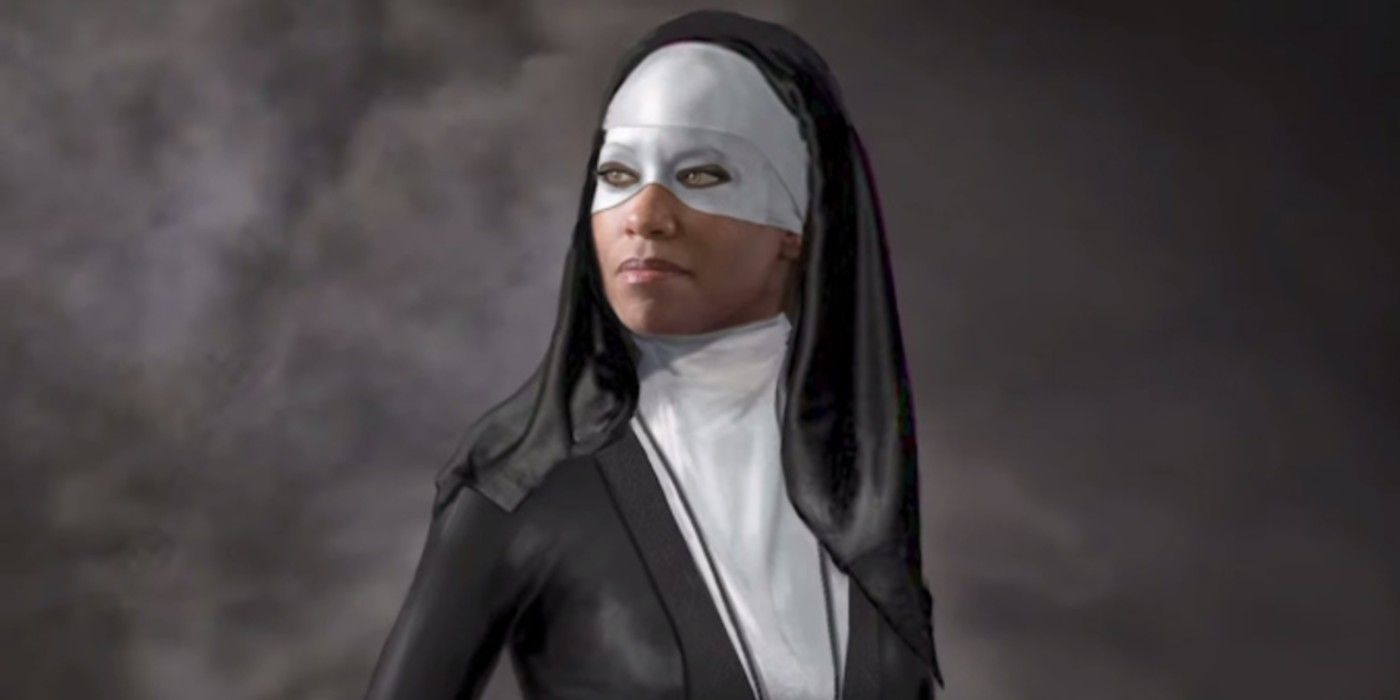
It ’s rarified that a labor ’s timing lines up so perfectly that its messaging and themes can be go through alfresco of a certain window . Last twelvemonth , before the world was unlike , what kind of pushback did you receive to the material and the show ’s hard takes ? How does it sense to be vindicate for a undertaking to be seen almost as clairvoyant ?
Stephen Williams : Let ’s prompt ourselves , by the way , that the generation for this picky iteration of Watchmen started with Damon Lindelof read an clause published in The Atlantic written by Ta - Nehisi Coates call The Case for Reparations . So , these approximation have been present for a very long meter . I do n’t cognise that anybody involved with the labor would lay any call to particular E.S.P. .
The impulsion behind telling the story was just about address this key facet of the American story ; the way in which race and the attendant opinion of ashen supremacy have been so fundamental to the American historical arc . it was really an attempt to find a path to apply the framework of the Watchmen graphic novel to address those ideas and those root and those social force play in a path that was entertaining and true and respectful of that history . We were just blab about things that have been present in all our lives for a very long time , almost since the very inception of this commonwealth .
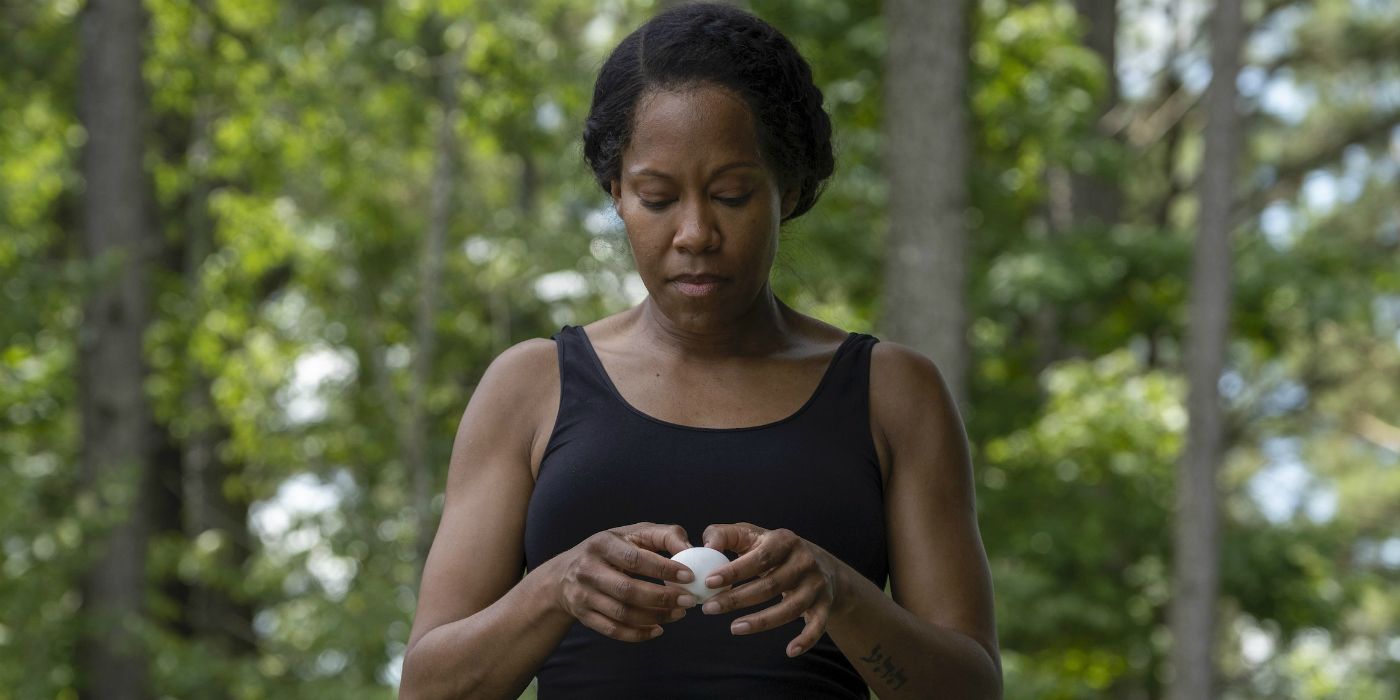
" This Extraordinary Being " tackles a historical context of institutional and overt racial discrimination with cop violence and the KKK this episode . It really is when the show ’s fantastic alternative timeline and our own really intersect , and the show ’s mission becomes clear . How exciting was it to share this instalment with the world ?
Stephen Williams : It was a fundamental experience . I will say that this sequence was always conceived as being the episode in which all of those related vista , or facets of this story we were trying to tell , were going to derive together in a way that was embedded in the characters that were living that story .
Obviously , Will Reeves was a tyke during the Tulsa 1921 massacre , and was deeply affected by the trauma of that . at last , it led to him becoming the first costume paladin or costumed venturer - and certainly the first black costumed dangerous undertaking . He set out to redress the injustices that he had been informant to as a fry and bear on to experience even as he becomes a police force military officer in New York many old age later .

He slide by that legacy down to Angela Abar , his granddaughter . And so , in many ways , that installment is crystalise all of those things : institutionalized racism , the way in which the constabulary force often functions as an envoy or a bulwark of institutional racialism and attendant white supremacy , all of which were in very austere and graphic evidence during the 1921 massacre in Tulsa .
The installment , in many way , represents the convergency of those thing , and that ’s why it appears almost in the middle of the run of nine episodes . It ’s both back - sounding , towards the events that are depicted in the fender , and forward - looking , mean towards the events that ultimately find a resolving power in in the close .
When the first time of year ended , Damon Lindelof say he was done and it made sensory faculty . However , there ’s been so much societal change in the retiring six calendar month and heightened political awareness . Do you think a 2nd season is more of import and possible now ?
Stephen Williams : My own personal percentage point of scene on that is that the news report that we pose out to tell with those nine episode , we told as best we could and as honestly as we could . Having say that , and I believe that Damon has gone on record saying this : if someone else were to cull up the cape of Watchmen and do their own iteration , that ’s something that I imagine the source cloth - intend the original graphic novel that Alan Moore created in the 80s - is ample enough to invite that additional exploration .
There ’s an chance for someone else , another team , to evidence their version of Watchmen ; their loop of Watchmen . But we are content with the level that we order , and that ’s the leg of the backwash that we run .
If you could steer the second season , would you continue to differentiate Angela ’s tale or would you make it an anthology and fall out new characters ?
Stephen Williams : The only honest answer to that is I really have been so consumed with our time of year that I truthfully have not given any mentation to what that possible iteration or next chapter in the biography of Watchmen could be or would be or should be . But I ’m certainly open to someone else doing it .
speak of this time of year , there were some reference from the graphic novel who were only bring up , like Nite Owl . Did you work out his backstory completely , or did you come to on him being in clink more ?
Stephen Williams : Yeah , in term of the original characters from Watchmen , we opt the ones that we mat up were necessary to execute our iteration ; our remix , as Damon pertain to it . That ’s why case like Laurie Blake appear in our version , because she was necessary for the unraveling of our story . The others , we either did n’t have time , space or dramatic penury for .
Switching gear mechanism for a second , how do you finger about Marvel Studios ' Modern drive to have more multifariousness in Phase 4 - with filmmakers in Shang - Chi , Black Widow , and all the Disney+ shows ? Do you opine it ’s a different computing to address societal Department of Justice for Marvel , since they have to stay in the PG-13 , family - favorable territory ?
Stephen Williams : I ’m not a studio apartment exec , or an executive of any form . But I will say that any effort towards gravid inclusivity , greater diversity , and greater delegacy - whether it pertains to race , sex , sexual orientation , or appraise across any other vector of fairness and jurist - is not only meet and right , but will be part of get a ethnic canon that is reflective of the world that we inhabit in , and is therefore interesting and of the essence .
You were antecedently prepping to dart a pilot for a new series calledHarlem ’s Kitchen . What can you tell me about the project , and is it still in the whole works ?
Stephen Williams : Harlem ’s Kitchen is still in the works . We were literally shut down on our last mean solar day of pre - production in New York City , because of COVID-19 and their desire to keep everybody involved dependable and have the opportunity to return to their crime syndicate . Harlem ’s Kitchen is based on a script written by Zahir McGhee ; it ’s about a dim restauranteur and his home .
That theatrical role will be act by Delroy Lindo , and we ’re super excited to have him . He ’s had a long and magisterial career , but his study in Spike Lee ’s Da 5 Bloods is off the chain . We could not be more excited to have him , and we are trust to resume yield once we can ensure the guard of our plaster bandage and crowd .
As a person of people of color , Watchmenimpacted me in a completely dissimilar way for the superhero floor I usually relish . I just desire to give thanks you in person for all the oeuvre you did on the show .
Stephen Williams : Well , give thanks you so much . It ’s sincerely much appreciated . And please know that it was as wakeless an experience for us hit it as it appears to have been for you watching it . We just seek to be as truthful and as reliable as we mayhap could in the word-painting of the fictional character in the story . I experience that for none of us involved was it just a problem . It was something we feel compel to do , and confide to in every way .
It was one of those rare experience where the shape and crew were totally unify in that energy and that movement and that intention . We just preserve our heads down and taste to do the work as best we possibly could . So , it ’s immensely gratifying to get word from someone like yourself that appears to have been affected in the fashion that you have been play in the way that you have . It mean a lot .
More : HBO ’s Watchmen : large change to the Book ’s Ending